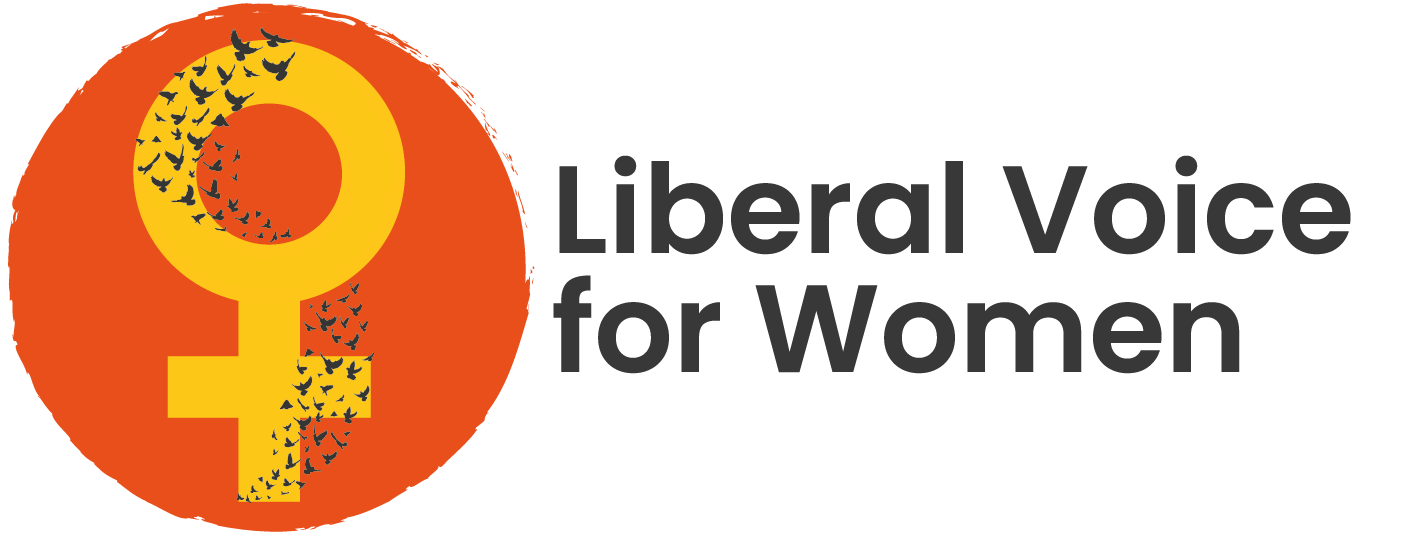Why Are We Here, and What Do We Want?
Who knew that liberalism had a mother?
In ‘How To Be A Liberal’, Ian Dunt notes that J S Mill’s most important works - those cornerstones of liberalism - were in fact produced jointly with his wife, Harriet Taylor. “Liberalism had a mother,” writes Dunt. “And she was erased.” Harriet’s absence from popular understanding of the history of liberalism is a reminder of how women’s political, intellectual and material contributions are so often hidden from view.
It is not surprising that much of the work of the mother of liberalism was concerned with women’s equality, and women's place within society. Yet in recent times we have seen an aggressive push-back against many of the rights that women have come to take for granted.
We are seeing attempts at the removal of ordinary measures that ensure women’s safety, privacy and dignity, such as single-sex provision in places and situations where women are vulnerable, like domestic violence refuges and prisons. We are seeing activists and policymakers alike dismiss the importance of safety and fairness in women’s sports. We are seeing lesbians put under pressure to accommodate men as potential sexual partners. We are seeing children, and especially gender non-conforming girls, co-opted into arguments about ‘gender identity', often with devastating consequences. We are seeing the words ‘woman’ and ‘mother’ systematically removed from public discourse.
Meanwhile women are being murdered at a rate of two per week. Women are still paid less than men. Women experience sexual violence and exploitation, discrimination and persecution, the world over. Because of their sex.
Yet a political climate is emerging in which sex as a demographic category is becoming unmentionable; its meaning, as it is universally understood, obscured, in the name of trans activism. The potential impact on women of the erasure of sex - in language, data, public policy, health and the law - cannot be overstated. .
It has not been possible to address this subject in a constructive way within the usual Lib Dem party discussion forums. Yet the subject will not go away.
As liberals, we believe that people who identify themselves as transgender should be protected from discrimination and harassment. But, also as liberals, we are opposed to the idea of a hierarchy of rights. As such the rights of women must be equally protected. We remind the Liberal Democrats that this core human rights principle - the balancing and negotiating of rights - must be upheld.
We know our views and concerns are shared by many people at all levels within the party. We invite them, and anyone else, to engage with us in conversation.
Liberal Voice for Women will apply a robust, rational and honest approach to debates about women’s rights. Our policy development work will be evidence-based and rooted firmly in liberal principles of openness, fairness, equality and free and respectful debate.
As we have come to learn of Harriet Taylor Mill and the depth and breadth of her influence on Western democracy, so we are encouraged to reassert the rights of women as she did: embedded in liberalism and based on sex.
